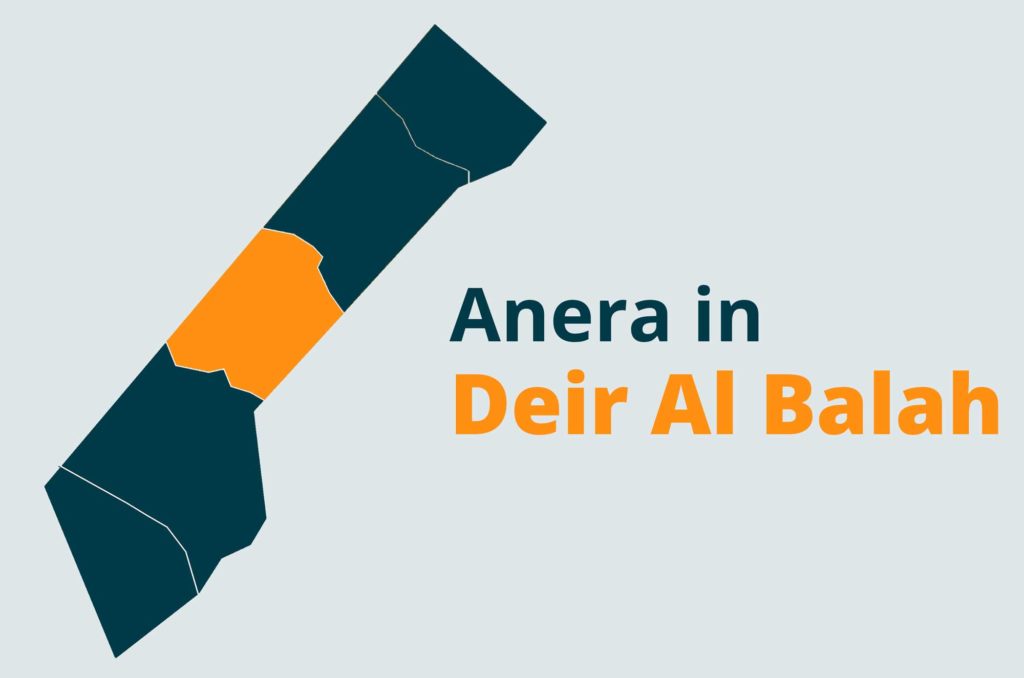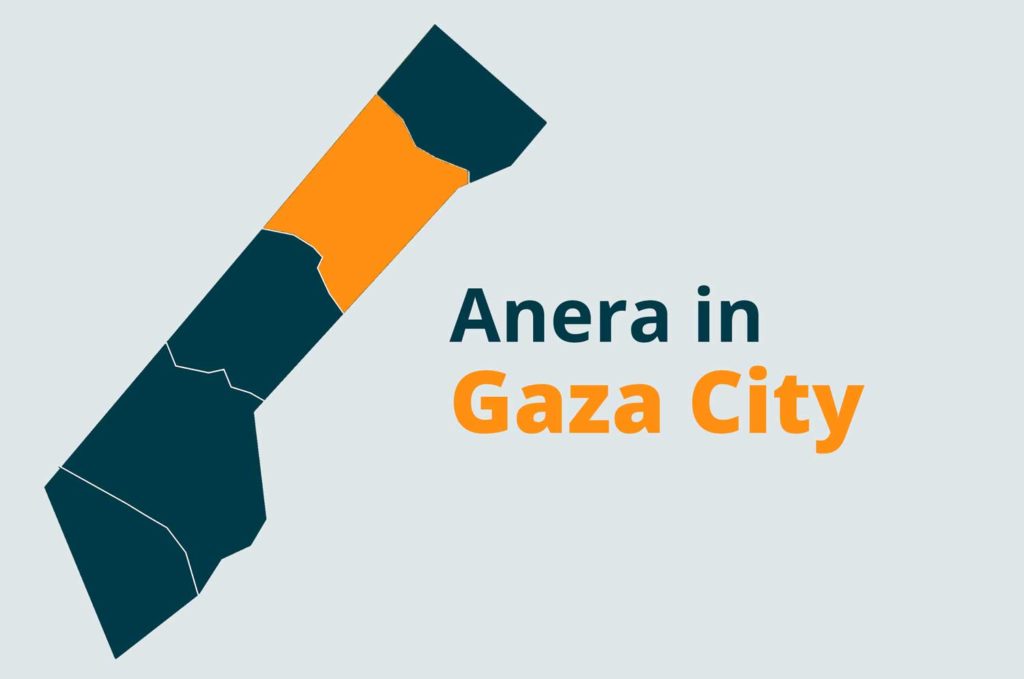Nov, 2017
In Gaza, an olive tree isn’t like any other tree. Olive trees there continue to grow despite poor quality soil and little water.
In many ways, they resemble the resilience of Gaza and its people, who grow stronger in the face of immense hardships. It’s not surprising, then, that olive trees are a symbol of Palestinian heritage and history, as well as the attachment Palestinians feel toward their land.
Today, local schoolchildren take a field trip to a Bedouin village to pick olives and connect with their ancient history. In this village, olive trees have been passed down generations, along with their stories. And there is no better time of year to go olive picking than autumn.
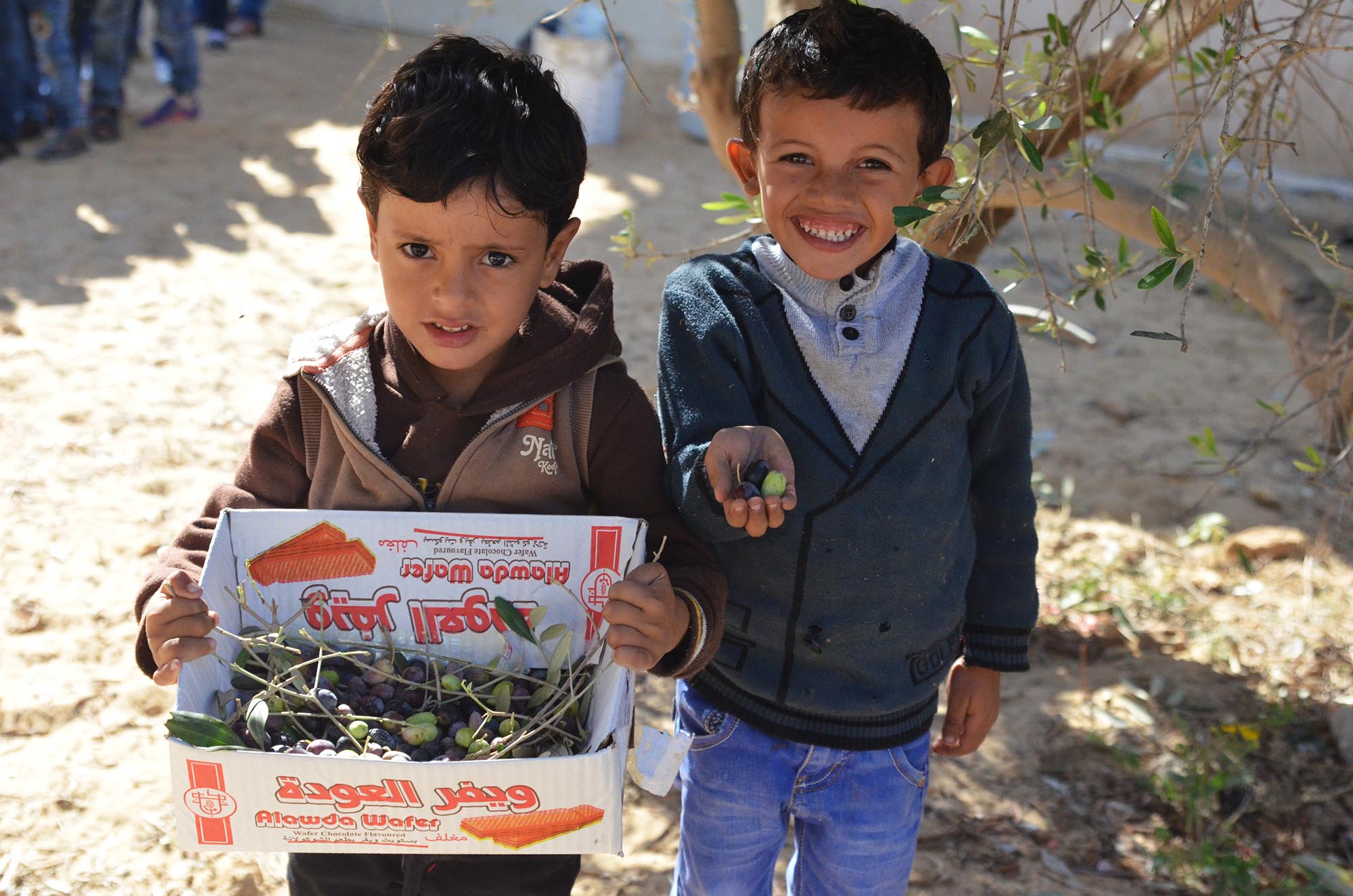

“The olive harvest season begins in mid-October and continues for another few weeks,” says teacher Fatima. Nearly half of all Gaza’s agricultural land is planted with olive trees, and the olive oil industry supports the livelihoods of many Palestinian families.
Today Fatima leads her class through the trees for a day of fun and education. The children can not only experience nature, but they get the chance to question and discuss topics they often don’t know about—topics like farming and food processing and the growth cycle of this tiny strip of land on the Mediterranean. The trip to the olive grove is one of many educational field trips at Fatima’s school. Others include trips to meet carpenters, butchers, grocers, merchants and doctors to gain tangible experiences.
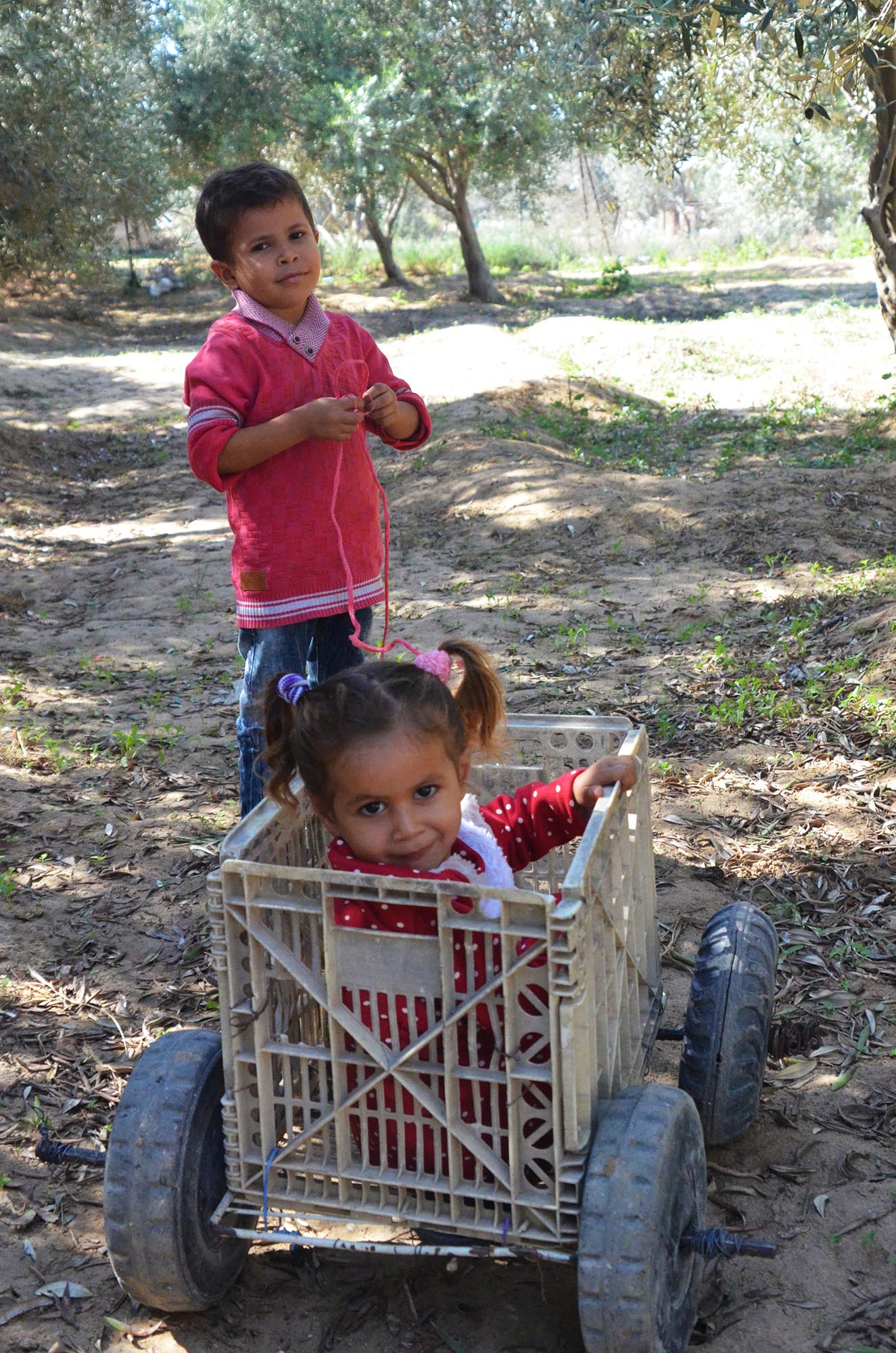

Anera promotes a holistic approach to early childhood development. These field trips are an element of active learning, an essential component of the ECD program in Palestine. This year, Anera has trained 79 teachers and renovated 14 preschools throughout the West Bank and Gaza. 1,223 children have benefited. In addition, Anera distributed 1,302 reading bags and trained 592 parents on positive parenting techniques. These are all important facets of early childhood development.
“The children themselves are the focal point of the learning process,” says teacher trainer Suad Lubad. “All of their senses must be activated. Their muscles get some exercise. Their attention to sight and sound will be enhanced. Their memory becomes stronger. Hand-eye coordination improves. Vocabularies expand. All of these are steps toward learning reading and writing.”
Storytime Ties It All Together
Sitting atop a little chair in a white gown, Rihab begins her story on olive picking. All around her, curious children sit huddled and waiting to her her story after just returning from their field trip to the olive grove.
Using different voices for her characters, Rihab explains all the details about making manakeesh (bread with zaatar and olive oil) using the fresh olive oil produced from the children’s field trip. “This is about igniting the children’s imagination,” says Rihab. “After they experienced a day full of activities, they made crafts with the olive leaves and learned about all the plant characteristics. Later on, they will learn more about picking.”
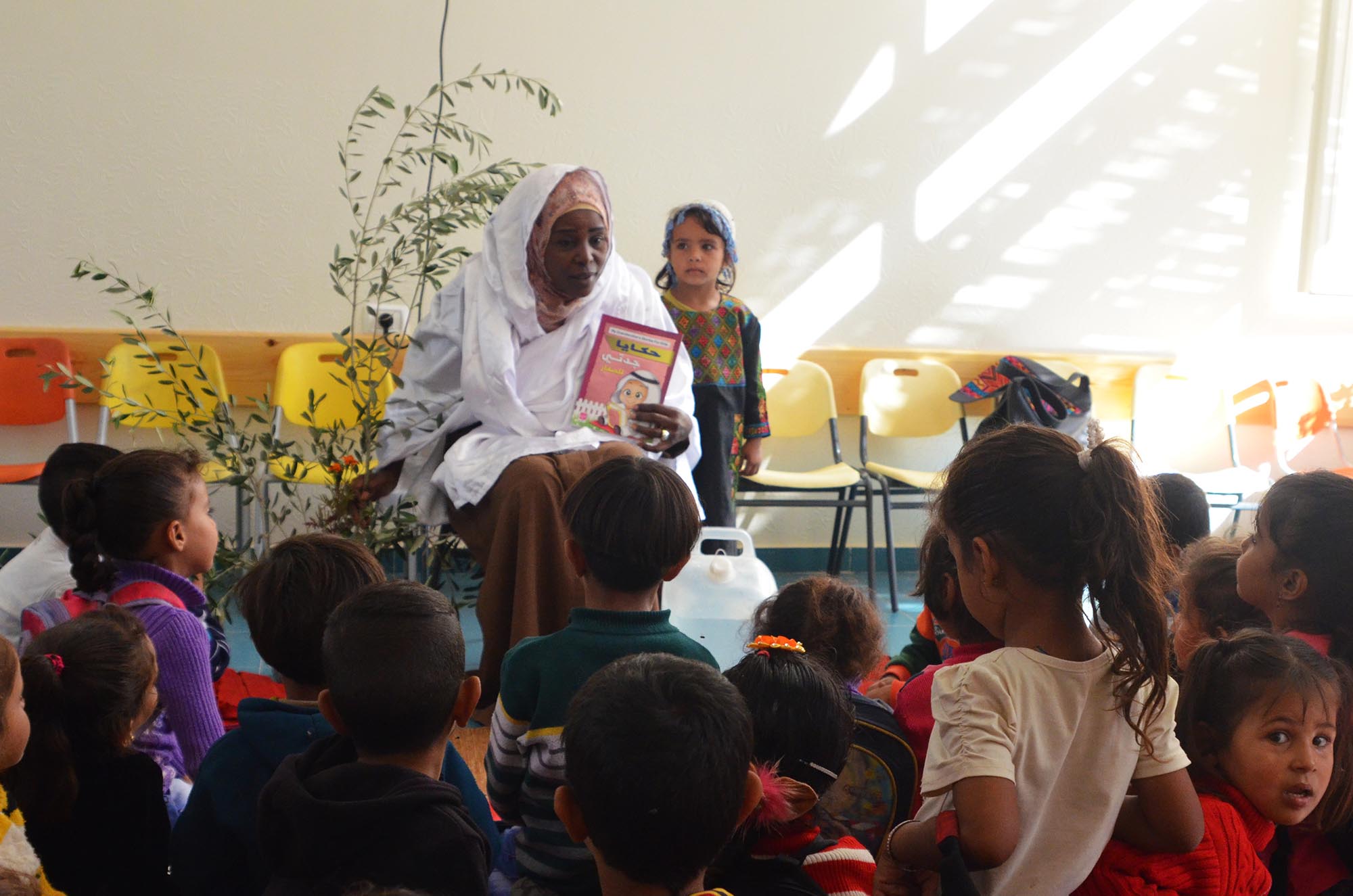

Today’s session ends with a group song describing the process of picking, washing, pickling and finally dining on homegrown olives and the dozens of dishes made with this ancient treat.
“I dream of being a world-famous children’s storyteller,” says Rihab. “This world is full of magic.”



